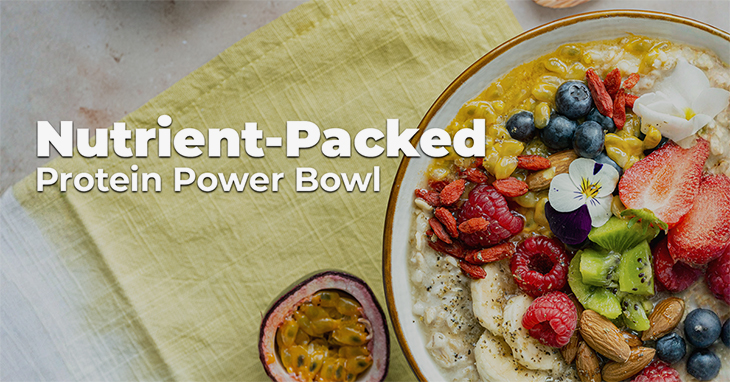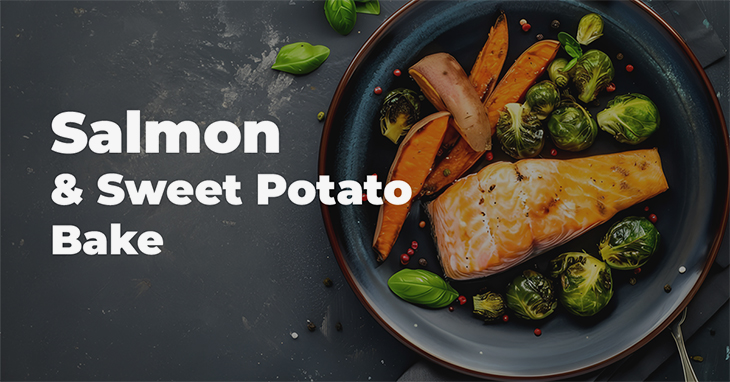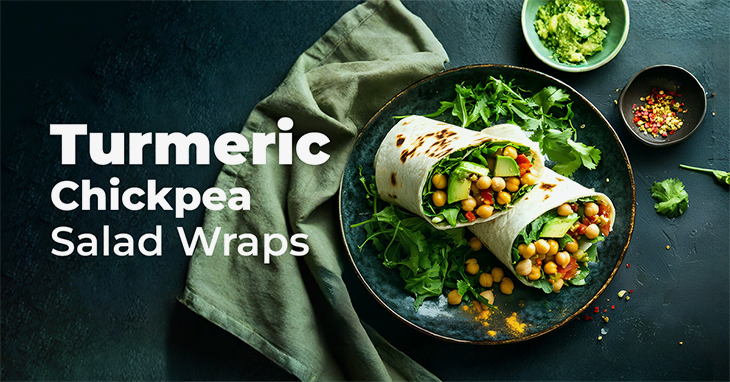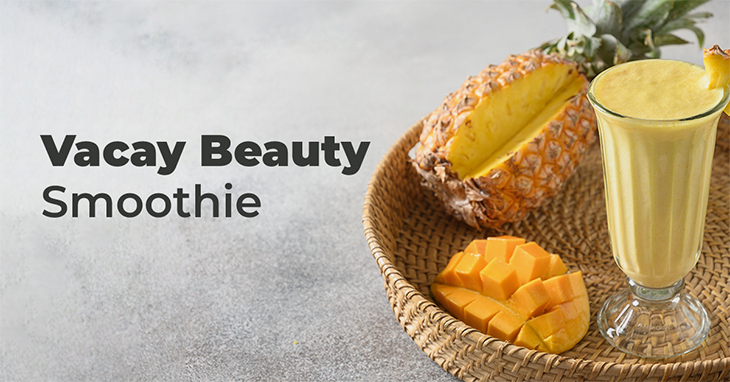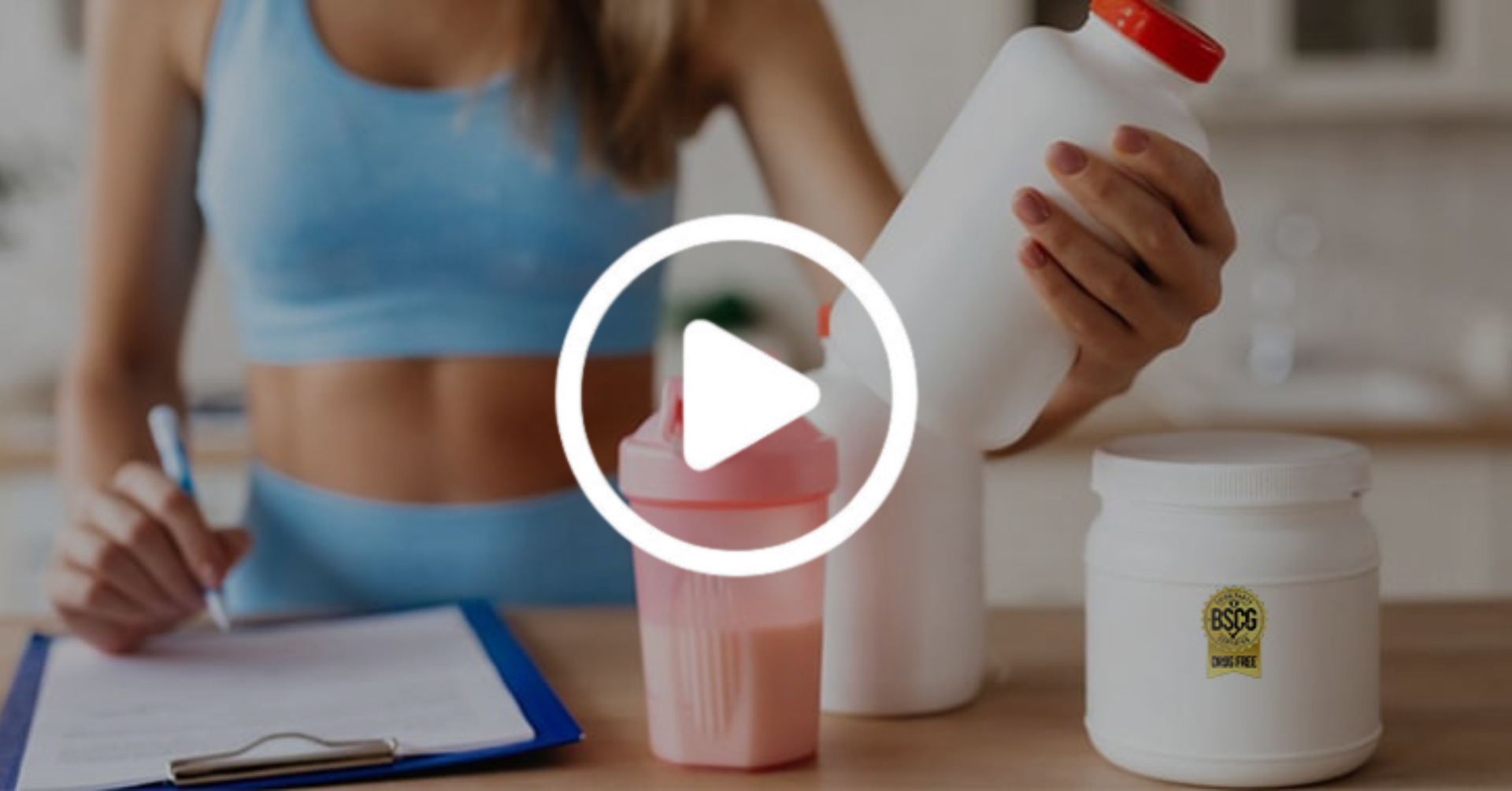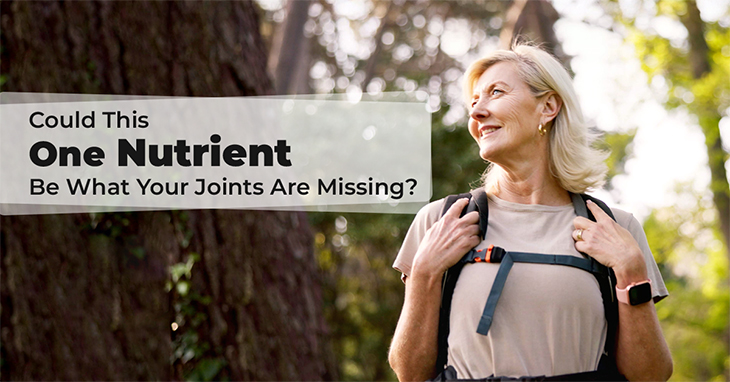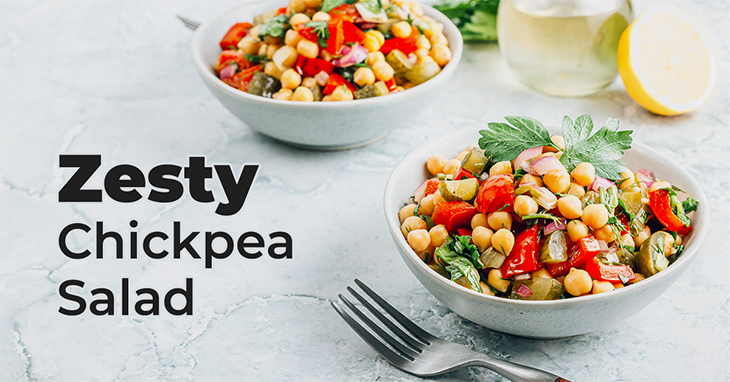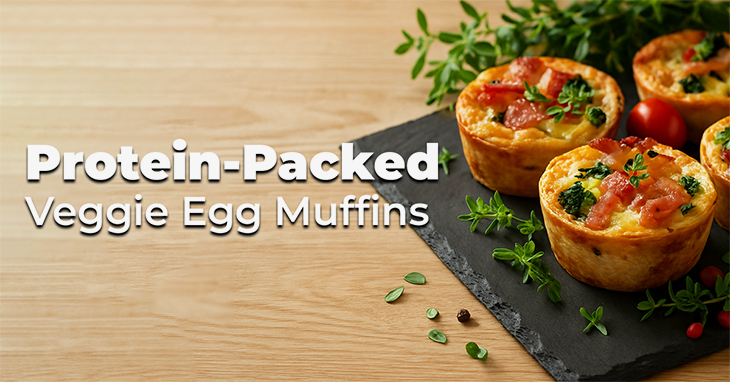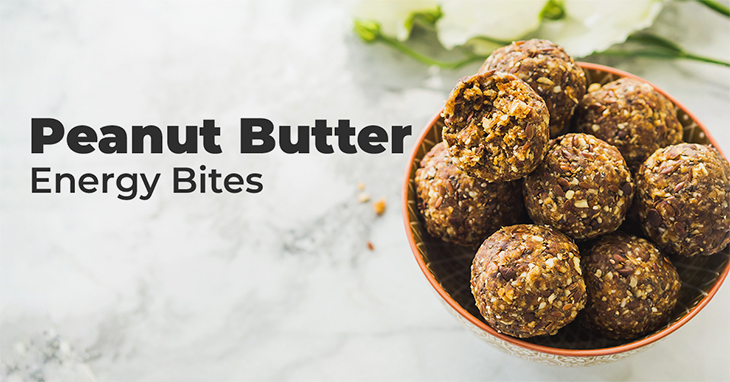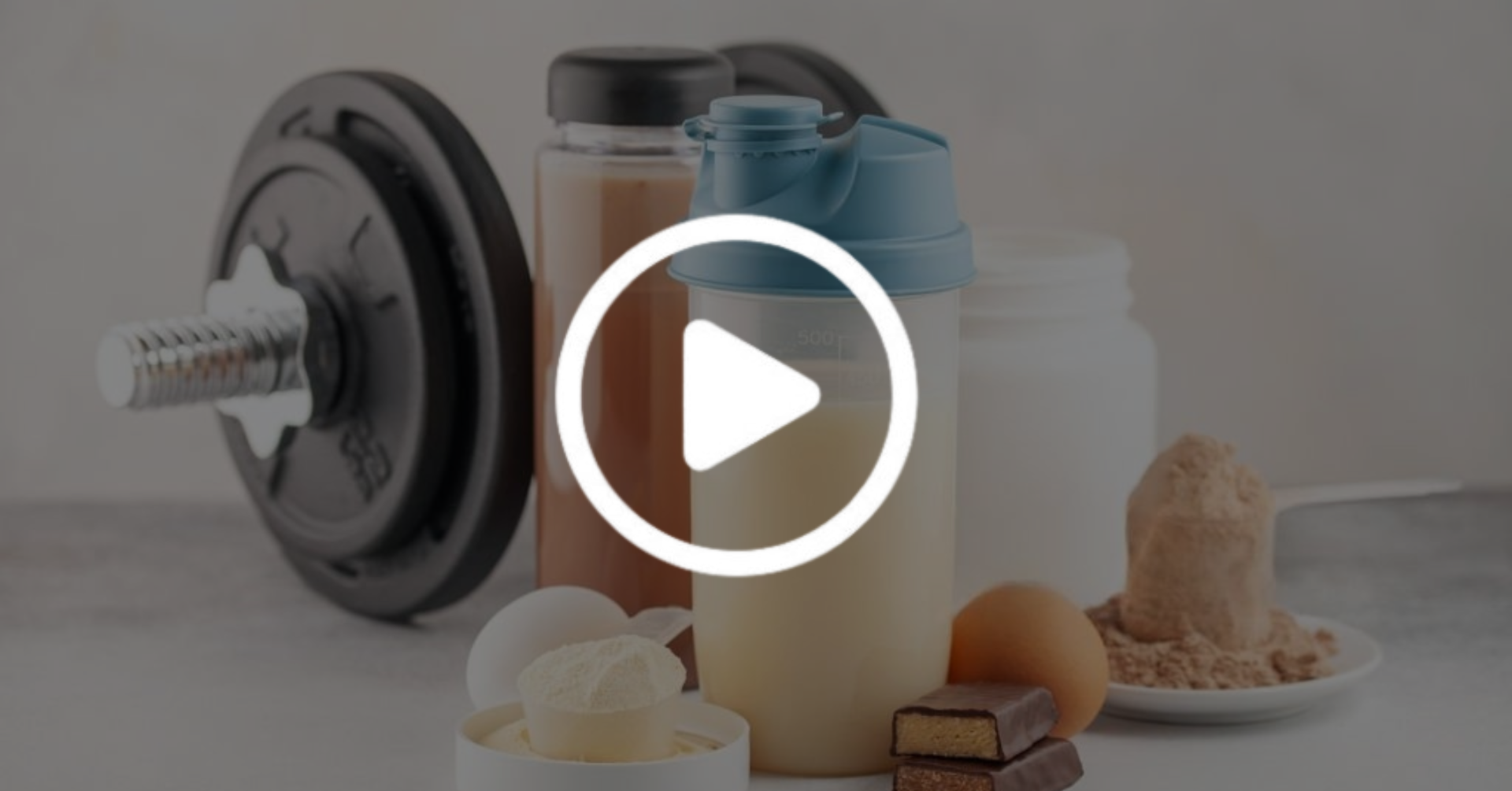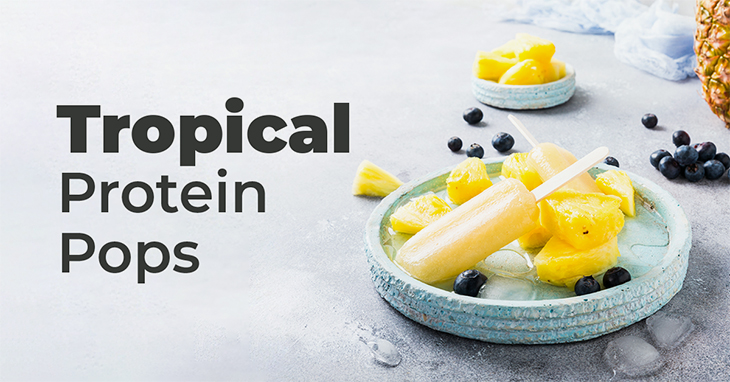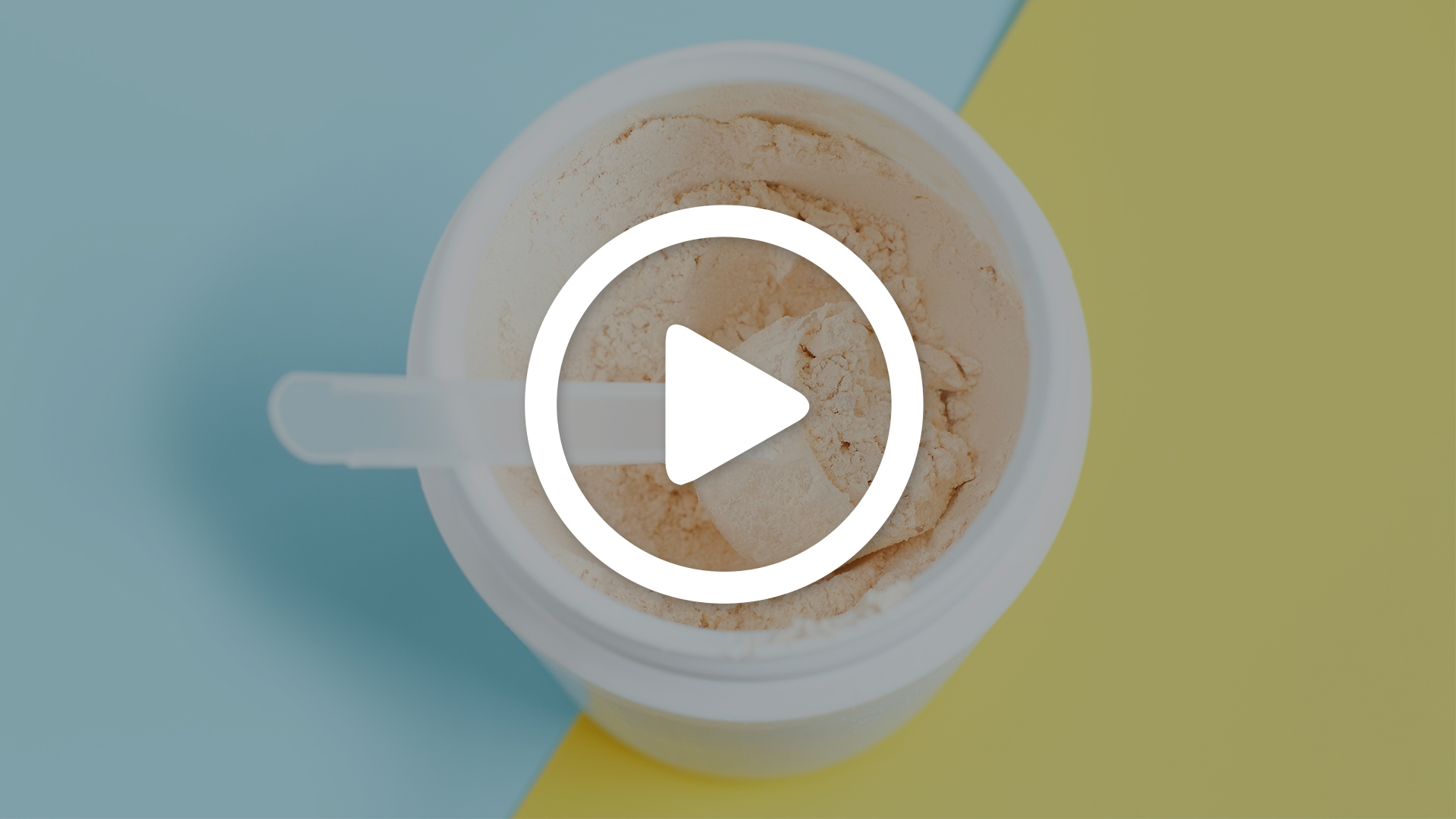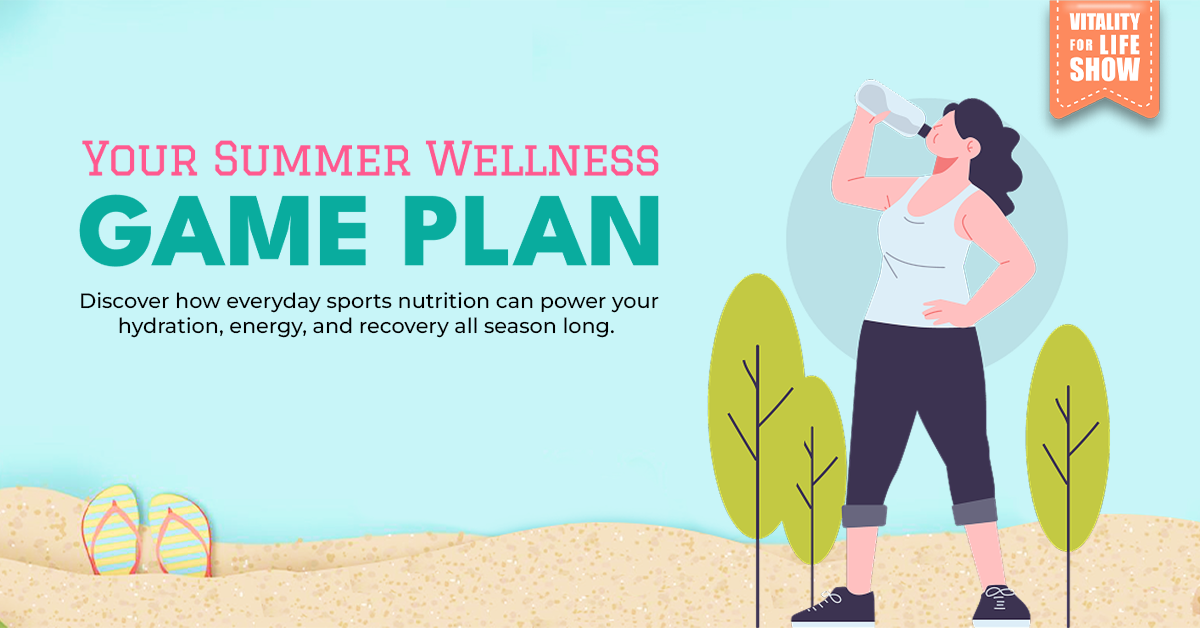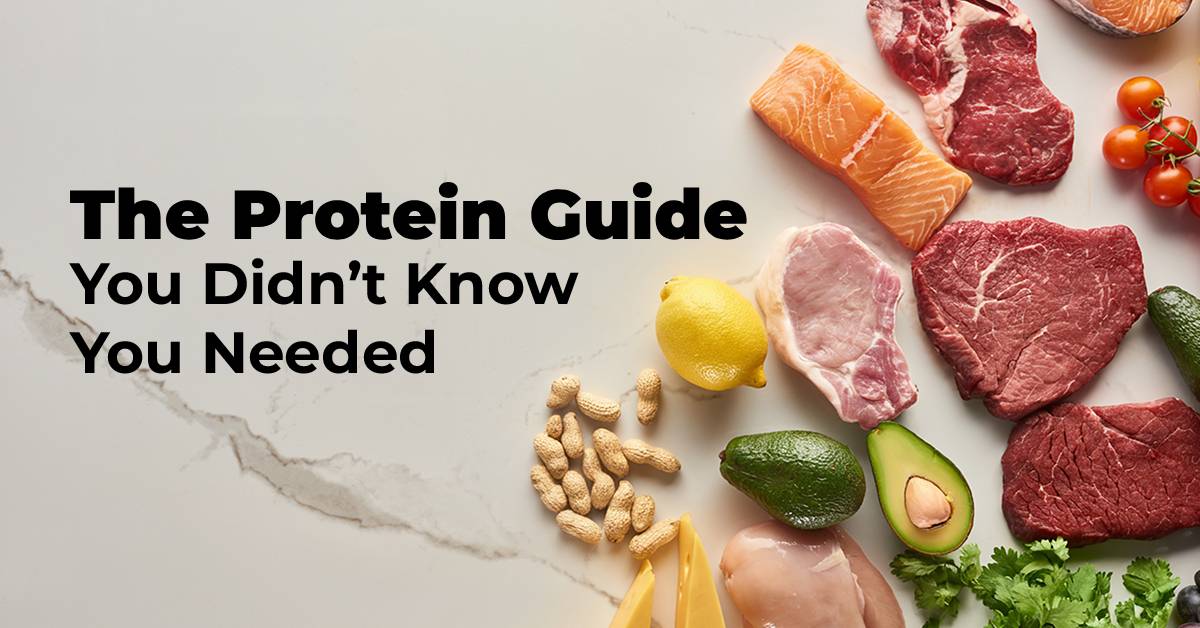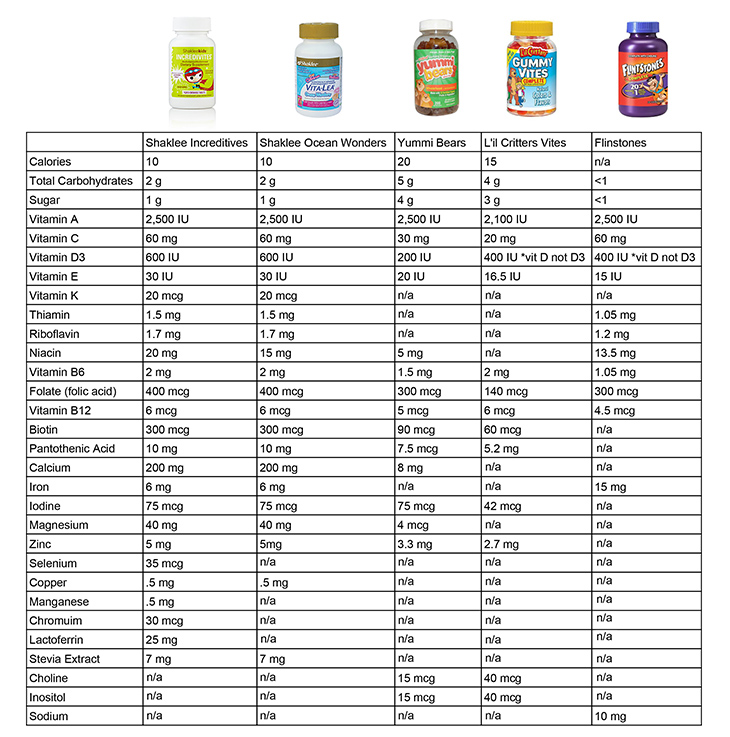|
Category: Healthy Recipes If you’ve ever wanted a meal that feels as fresh and energizing as a summer day by the sea, this one’s for you. Certified He... |
|
|
Category: Healthy Recipes Sometimes dinner needs to be quick, but that doesn’t mean it has to be boring. This Supercharged Berry & Veggie Dinner Bowl is... |
|
|
Category: Healthy Recipes Sometimes the simplest meals are the most powerful. This Protein Power Bowl (or Smoothie, if you prefer sipping to spooning) i... |
|
|
Category: Healthy Recipes When it comes to meals that are both delicious and supportive of your health, this recipe checks every box. Think vibrant colors... |
|
|
Category: Healthy Recipes Dessert doesn’t have to be a guilty pleasure. These perfectly portioned tarts are light, fruit-filled, and loaded with anti-in... |
|
|
Category: Healthy Recipes Looking for a light, cooling summer meal that does more than just satisfy hunger? These turmeric chickpea salad wraps are bu... |
|
|
Category: Healthy Recipes Sometimes the best recipes are the ones that make you feel like you’ve been whisked away to the beach even if you’re just si... |
|
|
Category: Healthy Nutrition Learn simple, circular joint movement techniques to boost mobility, flexibility, and comfort—no equipment needed. Perfect for mo... |
|
|
Category: Healthy Body Here’s a sneak peek at the show lineup: Joint Support 101 Ease the Ache with Natural Relief That Works Gentle Rout... |
|
|
Category: Healthy Nutrition Not all sports nutrition products are created equal—and some may contain banned substances you don’t even know about. Natalie ... |
|
|
Category: Healthy Body Prostate cancer is one of the most common cancers in men, yet many overlook simple, effective ways to lower their risk. Discover... |
|
|
Category: Healthy Body You know that moment... you bend down to grab something off the floor and POP! Your knee sounds like you're cracking a glows... |
|
|
Category: Healthy Body When the sun’s out, I want to be out too. Barbecues, walking trails, family reunions… I love soaking up every moment. ... |
|
|
Category: Healthy Recipes If you’re looking for a quick, nourishing meal that’s as versatile as it is satisfying, this Zesty Chickpea Salad is about t... |
|
|
Category: Healthy Recipes Looking for a quick, healthy breakfast that actually fuels your day? These Protein-Packed Veggie Egg Muffins are a total lifesav... |
|
|
Category: Healthy Recipes Looking for a quick, energizing snack that’s both delicious and nutritious? These Peanut Butter Energy Bites from Performa... |
|
|
Category: Healthy Body Confused about which protein supplement to choose? You’re not alone. In this video, Dr. Bruce Daggy breaks down what makes a pro... |
|
|
Category: Healthy Recipes When the summer heat is on, nothing feels better than a cold, refreshing treat—especially when it's one that actually fuel... |
|
|
Category: Healthy Body In this quick reaction, Dr. Daggy shares his expert take on popular protein claims—what holds up, what doesn’t, and what reall... |
|
|
Category: Healthy Body You don’t have to be in the gym every day to benefit from sports nutrition! Natalie Grace shares practical, no-fuss tips for fue... |
|
|
Category: Healthy Body No time to meal prep? No problem! Natalie Grace shares easy, realistic ways to fuel your body and stay hydrated—especially when ... |
|
|
Category: Sports and Fitness Here’s a sneak peek at the show lineup: Everyday Energy: The Real Power of Sports Nutrition Products Protein Power... |
|
|
Category: Sports & Fitness Did you know that you’re probably using your body like an athlete—even if you’ve never stepped on a track or into a gym? ... |
|
|
Category: Healthy Nutrition We’ve been talking a lot about how important protein is, especially as we age, and how it does so much more than just supp... |
|
|
Category: Healthy Body In this eye-opening segment, Dr. Tonya Hartig shares new research connecting gut bacteria to brain health—and what it could mean... |
|




